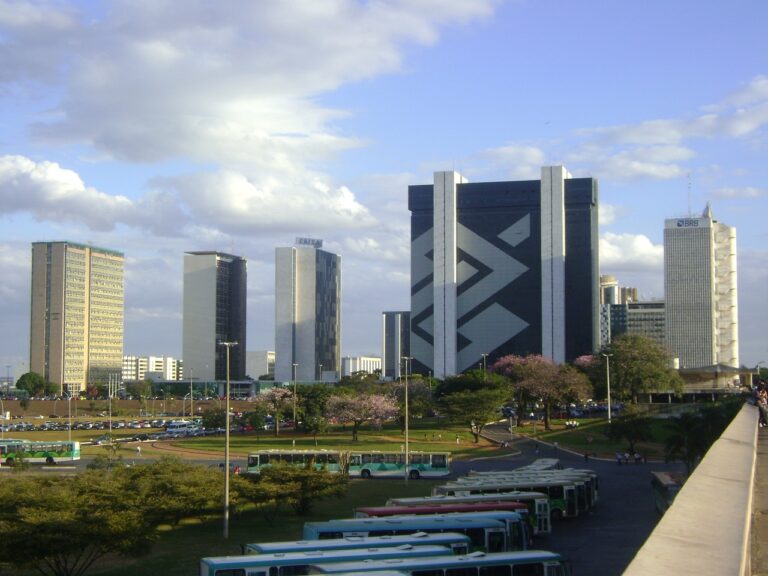The Rise of Smart Cities: Sustainable Urban Development
As urbanization continues to rise rapidly across the globe, cities are looking towards smart technologies to enhance efficiency and sustainability. From Singapore’s impressive use of sensor networks to monitor and manage traffic flow, to Barcelona’s smart parking systems that reduce congestion, cities worldwide are embracing innovative solutions to improve the quality of urban life. These initiatives not only optimize resource usage but also prioritize the well-being of citizens through connected infrastructure.
In addition to improving infrastructure, smart city initiatives are also focused on enhancing public safety. Cities like Dubai have integrated advanced surveillance systems and AI technologies to increase security measures and respond swiftly to emergencies. By leveraging data analytics and real-time monitoring, these cities are empowering law enforcement agencies to proactively address potential threats and ensure a safer environment for residents and visitors alike.
Benefits of Implementing Smart City Technologies
Implementing smart city technologies offers a myriad of advantages for urban areas worldwide. One key benefit is the enhancement of public safety through the integration of advanced surveillance systems and real-time monitoring capabilities. These technologies not only help in preventing crimes but also aid in emergency response, ensuring a safer environment for residents and visitors alike.
Moreover, the implementation of smart city technologies can lead to improved efficiency in resource management. By employing smart sensors and data analytics, cities can optimize energy consumption, reduce water wastage, and streamline waste management processes. This not only results in cost savings for municipalities but also contributes to the overall sustainability and resilience of urban infrastructure.







